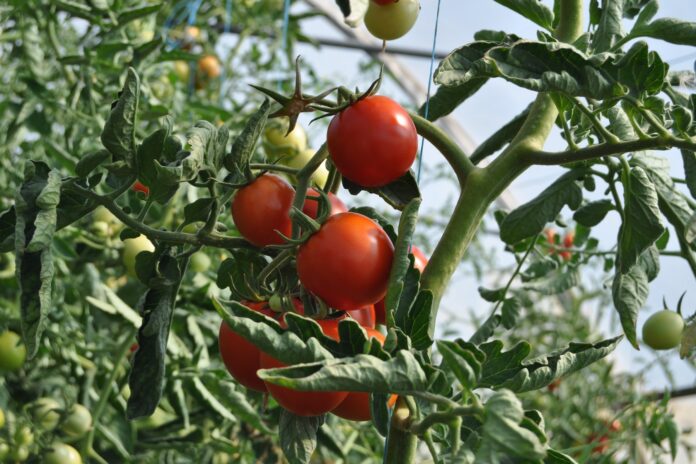For three growing seasons, I lived in the rich-soiled farmland of central Ohio. I say “growing seasons” because that is how they marked time in this small farming village of 3,000 souls. Acres upon acres of corn and soybeans surrounded the little Baptist church where I had just become the pastor.
One morning, shortly after moving into the church parsonage that sat on three acres of mostly untamed land, I heard a chugging sound and went outside to take a look. There sat Mr. Dean on his ancient Farmall tractor, his huge hands resting on the steering wheel and the usual gentle grin sitting placidly on his face. After we exchanged our “good mornings,” he asked me if I wanted a garden. I took a quick glance around and realized that I was living somewhere just “east of Eden,” and so my answer was a quick and easy, “Yes, I surely do.” I didn’t want to be the only person in the congregation who showed up on Sunday morning with clean fingernails and no homegrown vegetables to share.
Mr. Dean told me to stake out the plot and that he would be back in the afternoon to plow it up. So, later that morning, I marked off a garden spot, 120 feet by 40 feet, large enough to feed a small army. Good to his word, Mr. Dean came back with his plow and broke up the blackest, most fertile soil I had ever seen. A few days later, he returned with his manure spreader to lay down a thick blanket of fertilizer, which his cows had generously provided as their contribution to this agrarian circular economy. After a few warm days of drying, he finally came back with his disc and went back and forth across the plot, turning the clods into a fine, earthy powder perfect for planting.
Mother Nature and Mr. Dean had given me an immaculate garden spot. Now, the rest was up to me. So, I went down to the Feed Store and bought some seeds and young plants, all ready to be tucked into the earth. I had beans, silver queen corn, broccoli, green peppers, something called banana cantaloupe and, of course, several varieties of tomatoes. I made hills for the cantaloupe and the broccoli. Everything else was in long rows. The tomatoes went in last.
I dug little trenches for the tomatoes so that I could lay them down, leaving only the top few leaves above the soil so that the buried stem could sprout more roots. I had carefully placed all my tomatoes in the garden and was just about to start watering them when Verne, the community master gardener, hollered, “STOP.” He came at me like a man on a mission. “What are you doing?”
I said, “Well, I was going to water my tomatoes.”
Verne scolded me, “Are you trying to kill them?”
“No,” I replied. “I am trying to save these tomato-babies from the drought.”
“If you water them now,” he said, “their roots will stay shallow, and they won’t survive the August heat.” He went on to explain, “There is water down there (pointing to the soil); they will learn to sink their roots down and eventually find it. If you water them now, you will be making it too easy for them, and they will die in the dog days. You have to make it tough on them so that they grow deep roots. It’s the only way you will have tomatoes.”
It was a simple lesson in the original AI, Agricultural Intelligence.
What Verne taught me that day was a little bit about tomatoes and a lot about life. Growth, strength and endurance come through stress. It is through suffering and struggle that we learn to sink our roots deep, that we find our way to water, that we become fruitful. Hardship is certainly not the way that we would seek on our own; we usually have to be pushed into it. But, it is, in fact, the difficulties and brokenness we experience that become our teachers into a greater wisdom, our catalysts for a braver courage and the architects that build resiliency and fortitude into the framework of our lives.
I am not suggesting that we go looking for more opportunities for stress. They will surely find us on their own without any special invitation. When they do find us, however, I wonder what it would be like if we could imagine welcoming them as a friend who comes with a gift that will grow us up and make us wiser and stronger. Instead of worrying about the outcome, what if we trusted, like Verne urged me to do, that there is water and that we will eventually find it? What if we had confidence in our roots to sink deep and find life? And, what if could believe that the struggle is good for us?
Well, as Verne would say, “Stand back, and watch ’em grow.”
Happy (belated) Earth Day, 2023.









